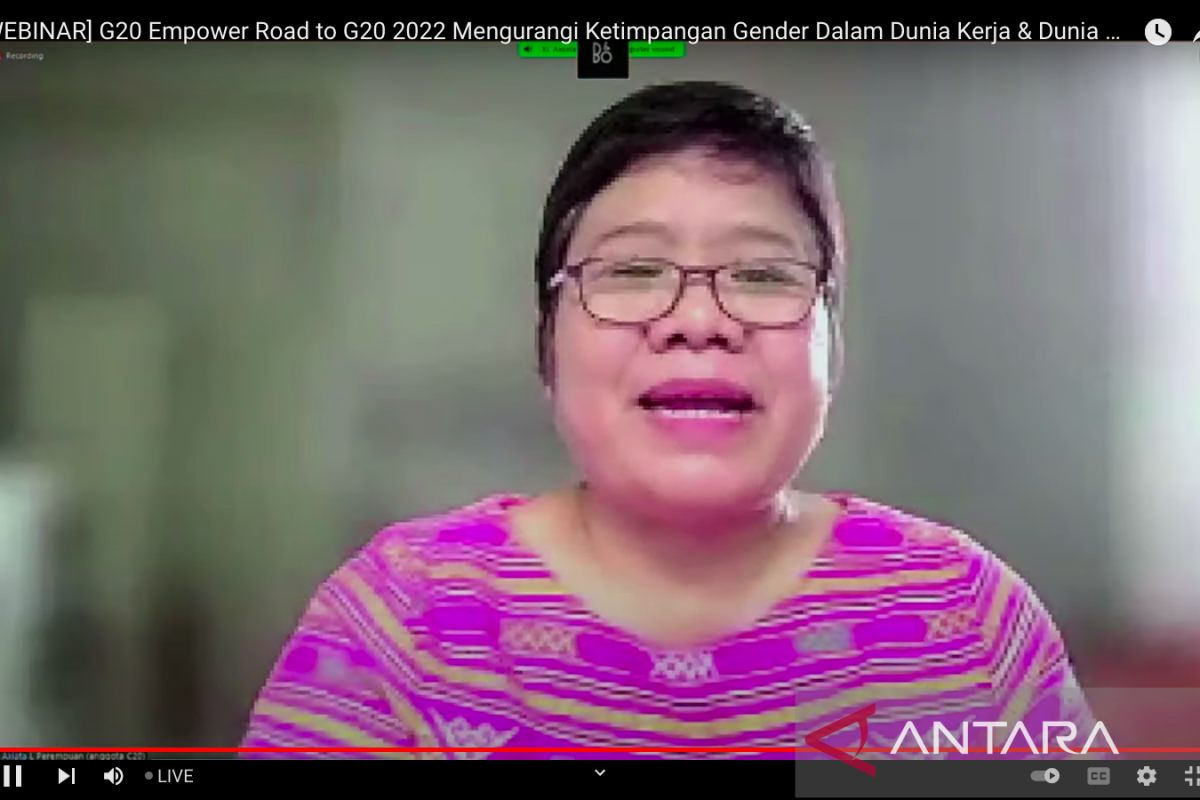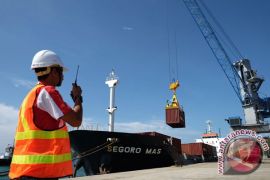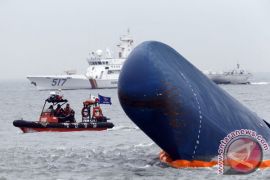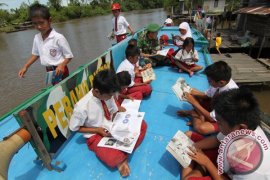“It is non-negotiable that we need to build critical awareness that frees women from the stereotype that they cannot be the leaders,” KAPAL’s director Misiyah remarked during a G20 Empower webinar on “Road to G20 2022” here on Wednesday.
Women should also be free from double burden, subordination, exploitation, and harassment, either in public or domestic spheres, she added.
The second recommendation is creating a supportive environment by changing cultural norms that promote gender bias at the individual, family, social community, government, and support group levels, she noted.
The third is affirmative action that can be manifested through temporary and special policies, she said.
Related news: G20 Empower encourages women's leadership in private sector
“This can be (in the form of) quota, access to market financing, social protection for those who are economically, socially marginalized and due to religion, gender, race, ethnicity,” Misiyah added.
The fourth recommendation is a gender-responsive budget policy that covers all women, both in workplaces and in entrepreneurship.
“I would like to specially mention the informal jobs that have been struggling to pass the bill of household worker protection,” she said.
The last recommendation is global network collaboration that aims to control the commitment of women’s leadership in workplaces and entrepreneurship, she noted.
“So that the no-one-left-behind (goal) becomes a stepping stone when we are committed to efforts that can help eradicate discrimination and free women from all boundaries,” she remarked.
Misiyah also affirmed that women’s leadership is varied and brings cultural changes.
Nowadays, many women in the regions do what men usually and culturally did in the past. For example in Padang, West Sumatra, some women are involved in running plant nurseries.
“It breaks the gender perspective that such an activity used to be carried out by men,” she noted.
Misiyah also listed male-dominated jobs such as carpentry and shrimp nursery management that are currently being performed by women.
“This shows how women can lead, initiate, influence, and reach cultural changes as well as other gender issues,” she remarked.
Related news: SOEs Ministry presses for more involvement of younger staff, women
Reporter: Juwita Trisna Rahayu
Editor: Rahmad Nasution
Copyright © ANTARA 2022






